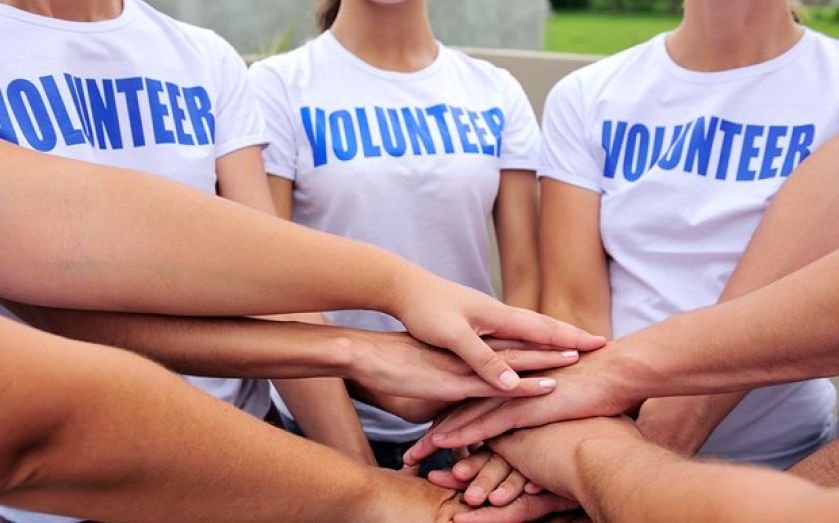Why making it easier to volunteer would narrow Britain’s gender pay gap

WILL the Conservatives’ flagship initiative, the Big Society, again occupy a prominent position in the upcoming elections? In deciding, the Tories might like to consult the surprising results of our recent research on volunteer work.
We asked the following question: when you work for free to help others in society, does it also increase your own future earnings? The results suggest that it does, and the increase in lifetime earnings can be substantial.
Disconcertingly, however, men benefit up to 22 per cent more from having volunteer experience than women. Using data from the British Household Panel Study, which follows adult men and women in the UK for more than a decade, we find that the rise in average annual wages from having volunteer experience varies between 64 and 94 per cent for men. For women, the rise in average annual wages is in a lower range – between 42 and 88 per cent.
Surprisingly, the lower wage return to volunteering for women explains a relatively large proportion of the overall gender earnings gap. The difference accounts for roughly 24 per cent – and is a more important factor in explaining women’s relative “underpayment” than differences in education levels.
Large wage returns to volunteering mostly derive from a form of signalling: it signals certain positive characteristics and skills to prospective employers. Roughly 60 per cent of volunteers in the UK declare that they want to improve things and help others, and these social concerns are likely to be productive in the workplace.
Working for free also enables individuals to broaden networks and accumulate new skills. This may help to explain why volunteering in the UK is not marginal. In England, Wales, and Scotland, 18 per cent of men and 21 per cent of women report having engaged in volunteer work during the past year.
In searching for the source of these lower wage returns to women, we examined data on volunteering in the UK Citizenship Survey. We failed to find substantial gender differences in the types of chosen volunteer organisations, activities, motivations or sources of volunteering satisfaction. This increases the plausibility that there is an element of gender discrimination in the market for volunteers.
And volunteering can be a costly activity, especially for women with children. About 50 per cent of women claim they do not volunteer because they care for their children or home. Extra childcare expenses when volunteering may be a deterrent, so public policy could have an influence.
In particular, lowering childcare costs, perhaps through more competition in the childcare market, could increase the number of individuals engaging in volunteering, with more high-skilled individuals working for free as a result. A lower cost of volunteering would have an especially large pay-off for both individual and society. And reducing the cost of volunteering relatively more for women would also help narrow the gender earnings gap.
So policymakers are indeed well advised to vigorously encourage volunteer work, not just for the benefit of the less fortunate, but also for the volunteer’s own future purchasing power.
Robert M Sauer is professor of economics at Royal Holloway. Noemi Mantovan is lecturer in economics at Bangor Business School. They co-authored this research with Guido Cozzi, professor at the University of St Gallen.